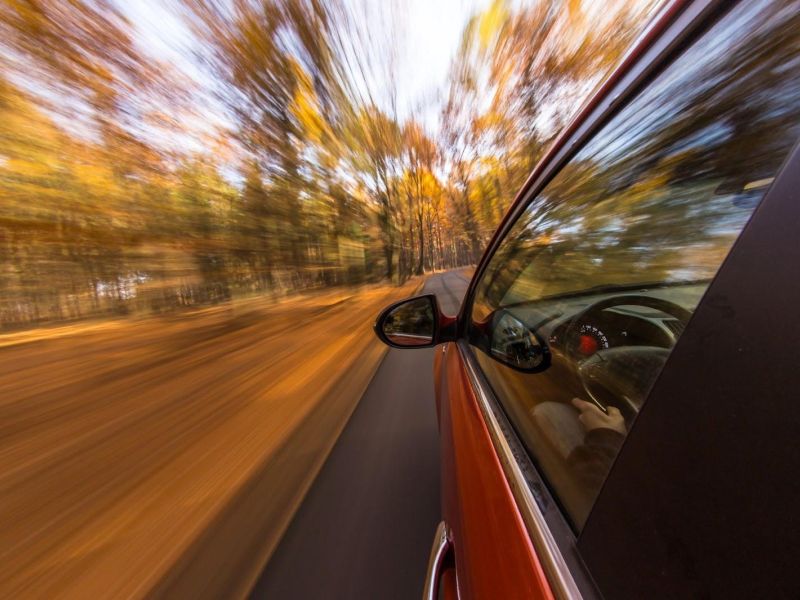
— Speeding
Speeding Tickets 101: How To Avoid And Contest Them
According to the County of Prince George, the State of Virginia issues hundreds of thousands of speeding tickets each year. That being said, not all traffic tickets are the same – and some are much more serious than others. While barely exceeding the posted limit may result in minor penalties, more serious speeding offenses can lead to thousands of dollars in fines. Drivers should become aware of not only the various speeding penalties but also strategies to avoid them in the first place. Some of these strategies are obvious, while others involve more complex legal processes. Drivers might want to assess their legal options alongside an experienced traffic defense attorney in Virginia. Consider continuing this conversation by calling Driving Defense Law at (757) 929-0335.

